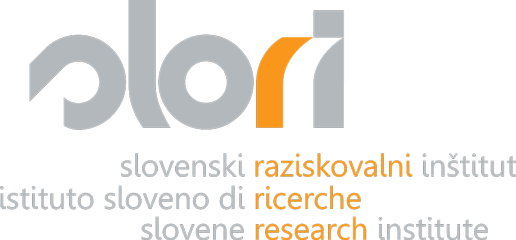The Institute for Geographical Studies and the Institute for Mediterranean-Humanistic and Social Studies of the Science and Research Centre in Koper (University of Primorska) organised an international conference ‘(Re)Integration and Development Issues in Multicultural and Border Regions / (Re)integracija in razvojni problemi v večkulturnih in obmejnih regijah’, which took place from 22 to 24 September 2011 in Portorož. The aim of the conference was an in-depth analysis of past/past and present circumstances and problems concerning geopolitical, historical, economic, social and intercultural integration in border areas. The conference was also attended by representatives/researchers from the Slovene Research Institute: dr. Milan Bufon (with the paper “Cross-border Policies vs. Spatial and Social (Re)Integration: Between Challenges and Problems”), president of the scientific council of the conference, who in the final paper spoke about the problems of interpreting borders and territoriality in the current European border and contact areas, the problems and challenges of increasingly intensive cross-border integration processes and the territorial and social aspects of the so-called cross-border regionalism; dr. Devan Jagodic (with the report “Cross-Border Residential Mobility in the Italian-Slovenian borderland: a Transnational Laboratory for the Making of European Space? “), who presented and discussed the phenomenon of cross-border residential mobility in the Slovene-Italian border area, which is still little researched (we are talking about the process of immigration of the population of Trieste to the neighbouring Slovene border regions); this phenomenon is presented as following the post-war suburbanisation process of Trieste, which, under the influence of the current European integration processes, has crossed the former border line and thus captured the attention of the Slovene public; and dr. Marianna Kosic (with the report “Social integration along the Italian-Slovenian borderland”), who on the basis of the theory of social psychology addressed the dynamics of ethnicity and national identity and intergroup relations between the members of the Slovene minority in Italy and the majority communities in Italy and Slovenia; she also reflected on how all this was influenced by Slovenia’s entry into the European Union and how the complexity of social identity depends on the acceptance of diversity in two-way integration processes.
2011
